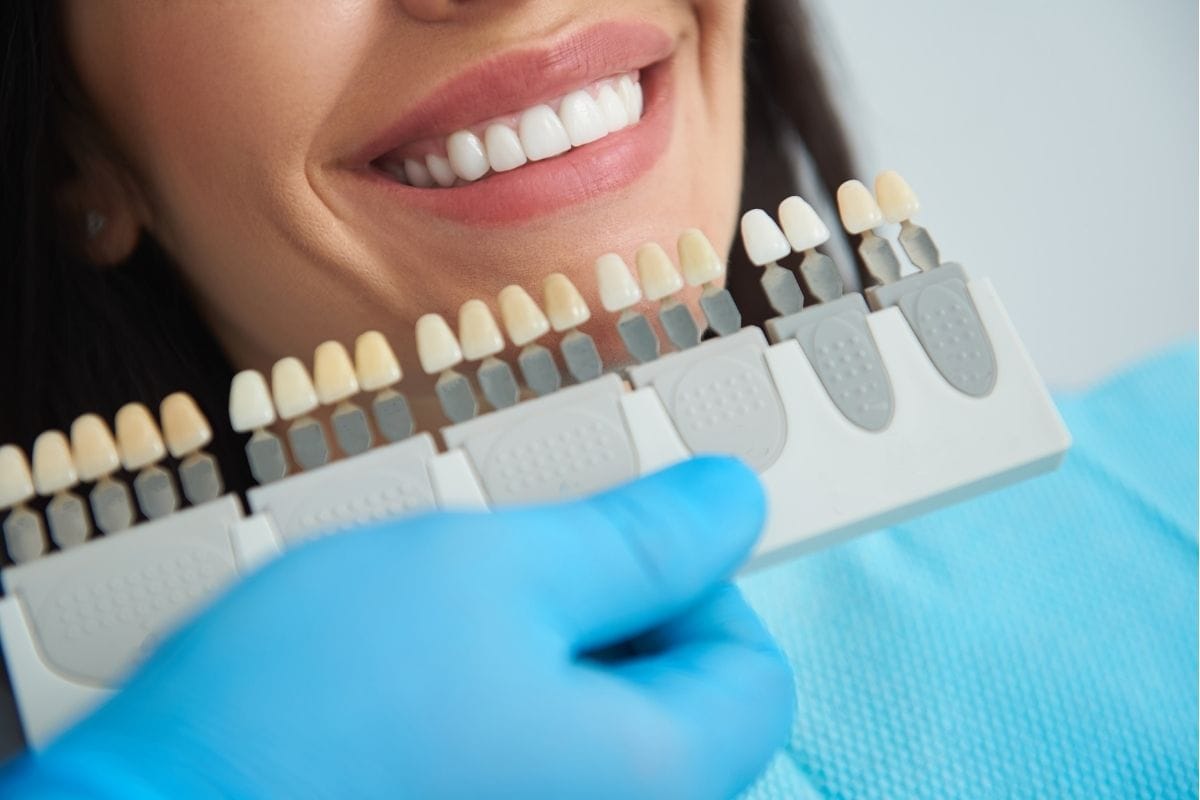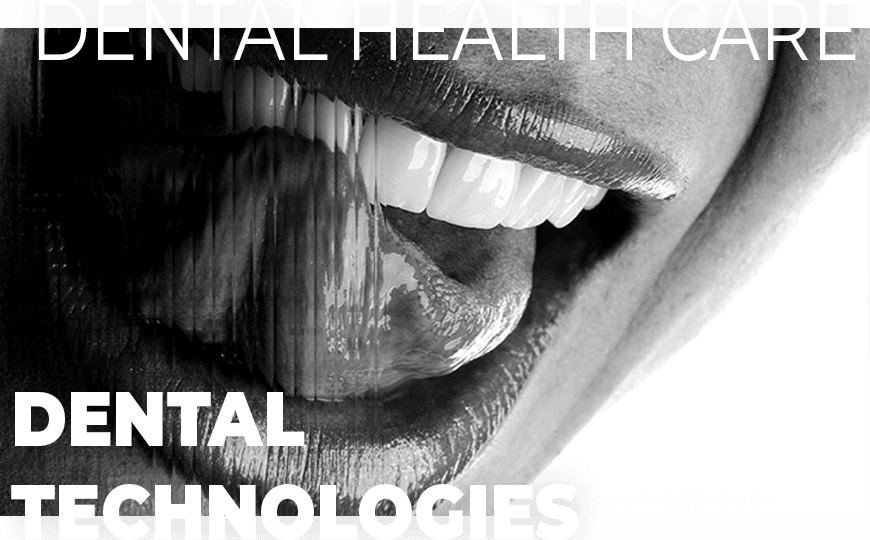Procedures and Benefits for Dental Crowns

Dental crowns are a common and effective solution for restoring the shape, strength, and appearance of damaged teeth. Whether you need to repair a cracked tooth, cover a dental implant, or improve the aesthetics of your smile, dental crowns offer a versatile option. Here’s a comprehensive guide on the procedures and benefits of dental crowns.
What Are Dental Crowns?
A dental crown is a tooth-shaped cap that is placed over a damaged tooth to restore its shape, size, strength, and appearance. Once cemented into place, crowns fully encase the visible portion of a tooth that lies at and above the gum line.
The Dental Crown Procedure
- Initial Consultation: The process starts with an examination by your dentist to determine if a crown is the best solution for your dental issue. This may include X-rays to check the roots of the tooth receiving the crown and surrounding bone.
- Tooth Preparation: To make room for the crown, the tooth receiving the crown is reshaped along the chewing surface and sides. The amount removed depends on the type of crown used. If a large area of the tooth is missing, a filling material can be used to build up the tooth structure to support the crown.
- Impression Making: After reshaping the tooth, your dentist will make an impression of the tooth to receive the crown. This impression can be taken using a digital scanner or a traditional putty-like material. The impressions are sent to a dental lab where the crown will be manufactured.
- Temporary Crown: While waiting for the permanent crown, a temporary crown is placed to protect the prepared tooth. Temporary crowns are typically made of acrylic and are secured with temporary cement.
- Fitting the Permanent Crown: Once the permanent crown is ready, your dentist will remove the temporary crown and check the fit and color of the permanent crown. If everything is acceptable, the new crown will be permanently cemented in place.
Types of Dental Crowns
- Porcelain-Fused-to-Metal (PFM) Crowns: These offer a strong bond due to their metal structure and the ability to blend with your natural teeth due to the porcelain coating.
- All-Ceramic or All-Porcelain Crowns: These provide the best natural color match and are an excellent choice for people with metal allergies. They are suitable for front teeth.
- All-Metal Crowns: These are made from alloys that have a high content of gold or platinum, or base-metal alloys. They are durable and require the least amount of tooth structure to be removed.
- Zirconia Crowns: These are extremely durable and are often used for back teeth where the forces of chewing and grinding are greatest.
Benefits of Dental Crowns
- Restored Functionality: Crowns restore the tooth’s shape, size, and function, allowing for normal eating and speaking.
- Enhanced Appearance: Crowns improve the appearance of teeth that are discolored, misshapen, or severely worn down.
- Durability: Crowns, especially those made from metal or zirconia, are very durable and can last many years with proper care.
- Protection: Crowns protect weakened teeth from further damage and decay. They can hold together parts of a cracked tooth and support a tooth with a large filling.
- Improved Oral Health: Crowns help maintain the overall health of your mouth by preventing further dental problems.
Who Needs a Dental Crown?
Crowns are used in various situations, including:
- To protect a weak tooth from breaking or to hold together parts of a cracked tooth.
- To restore an already broken tooth or a tooth that has been severely worn down.
- To cover and support a tooth with a large filling when there isn’t a lot of tooth left.
- To hold a dental bridge in place.
- To cover misshapen or severely discolored teeth.
- To cover a dental implant.
- To make a cosmetic modification.
Caring for Your Dental Crown
Taking care of your dental crown is crucial for its longevity and your oral health. Here are some tips:
- Practice Good Oral Hygiene: Brush your teeth at least twice a day and floss daily to remove plaque and food particles.
- Avoid Hard Foods: Refrain from chewing on hard objects such as ice, hard candies, or fingernails, which can damage the crown.
- Regular Dental Check-ups: Visit your dentist regularly for professional cleanings and check-ups to ensure the crown remains in good condition.
- Manage Teeth Grinding: If you grind your teeth at night, ask your dentist about a nightguard to protect your crown and other teeth.
Risks and Complications
While dental crowns are generally safe and effective, there are potential risks and complications, including:
- Sensitivity: Newly crowned teeth may be sensitive immediately after the procedure as the anesthesia begins to wear off.
- Discomfort or Pain: Your bite may need to be adjusted if the crowned tooth is causing discomfort.
- Chipping: Crowns, especially all-porcelain ones, can sometimes chip.
- Loose Crown: Sometimes the cement washing out from under the crown can lead to a loose crown.
Cost of Dental Crowns
The cost of dental crowns can vary widely depending on the material used and the complexity of the procedure. Generally, the cost can range from $800 to $1,500 per crown. Dental insurance typically covers part of the cost if the crown is necessary for medical reasons.
Dental crowns are a versatile and effective solution for restoring the function and appearance of damaged teeth. Whether you need to repair a cracked tooth, improve your smile, or support a dental implant, crowns offer numerous benefits. By understanding the procedure and taking proper care of your crown, you can enjoy a healthy, functional, and aesthetically pleasing smile for many years. Always consult with your dentist to determine the best treatment option for your specific needs.


